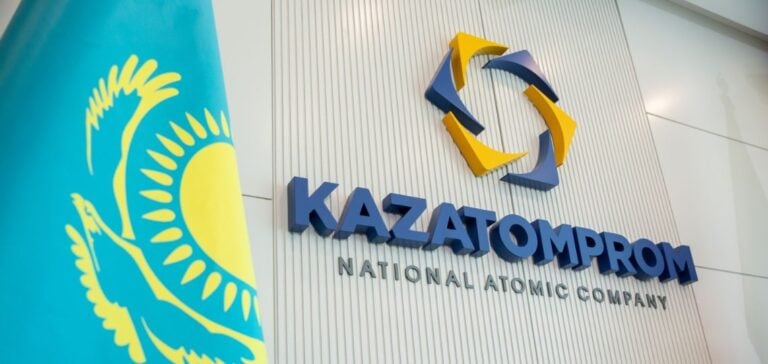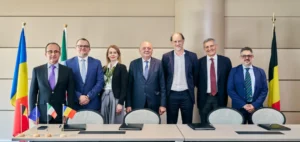In 2023, demand for nuclear power has “increased significantly”, according to Meirzhan Yussupov, CEO of Kazakhstan’s National Atomic Company. With around 40% of the world’s uranium production, Kazakhstan is a pillar of this energy, powering at least a third of the world’s nuclear reactors. This puts Kazatomprom at the heart of the global energy security agenda, despite global geopolitical uncertainty and discussions about market bifurcation. The company signed a major agreement with Framatome during Emmanuel Macron’s visit to Kazakhstan in November 2023.
Strategies for dealing with sanctions and risks
The current geopolitical situation has led to constant updates of sanctions and lists of sanctioned goods, works and services. As a result, Kazatomprom is working to assess and monitor the risks associated with sanctions, having drawn up an evolving action plan to minimize potential impacts on its business. To date, the war in Ukraine has not affected the Group’s financial position.
Ensuring financial stability
The majority of Kazatomprom’s revenues are in US dollars, creating a “natural hedge” against currency risks. The company avoids interaction with sanctioned Russian banks, redistributing its funds to non-sanctioned banks. This plan includes the continuation of contracted uranium enrichment services with Uranium Enrichment Center JSC, located in the Russian Federation, while paying increased attention to sanctions-related risks.
Kazatomprom, which transports equipment via Russia, is continually monitoring the potential impact of sanctions on its transport capacity, without currently encountering any restrictions on its activities related to the supply of its products to end customers. The Trans-Caspian route serves to mitigate the risk of the main uranium transport route via St Petersburg becoming unavailable. The proposed US legislation, aimed at banning the import of Russian enriched uranium products from 2028, would not affect Kazatomprom, whose core business remains the production of natural uranium.





















